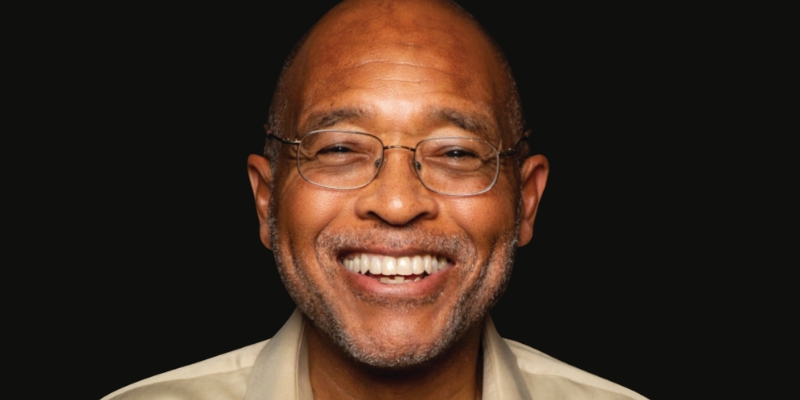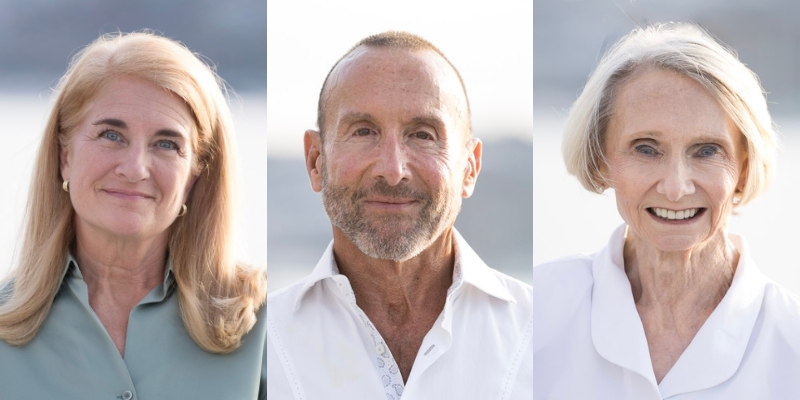The Lake Union Civic Orchestra (LUCO) is celebrating the retirement of Christoph Chagnard this season. It’s his 20th and final season with the orchestra. The person taking his place is Nikolas Caoile. LUCO has two more concerts to round out Chagnard’s final season. On May 4, Chagnard conducts pieces by Ravel, Schumann, and Debussy at the First Free Methodist Church. On June 14, at the same location, Chagnard and Caoile share the podium in works by Nicolai, Jones, and Shostakovich. More information about those concerts can be found here.
Town Hall’s marketing manager Jonathan Shipley chatted with Caoile, LUCO’s newly appointment music director, about Sibelius symphonies, the Mozart of our time, and what a conductor actually does up there on the podium.
Caoile is currently the Music Director and Conductor of the Wenatchee Valley Symphony Orchestra, and Director of Orchestras at Central Washington University (CWU). Since 2017, Caoile has served as Acting Chair of the Department of Music at CWU and he’s guest conducted with many orchestras including Yakima Symphony, Olympia Symphony, and the Philharmonic Orchestra of the Americas.
JS: What interested you in being a part of LUCO?
NC: In addition to being talented and dedicated musicians, the members of this orchestra are also fun people. I had already worked with the group as a guest conductor in 2016, and we continually found ourselves laughing and having a good time. When a group loves what they are doing, it comes through in the performance and the music.
JS: What initially got you interested in classical music? What did/do you play?
NC: I’m trained as a pianist and percussionist. I grew up as a member of the Portland Youth Philharmonic, and there were many conductors who mentored me when I expressed interest in pursuing a career as a music director: Huw Edwards, current conductor of the Olympia Symphony Orchestra; Bruce McIntosh, professor emeritus at Willamette University; and Peter Erös, the late music director at the University of Washington.
JS: What are some of your favorite composers/pieces to conduct and why?
NC: Lately, I have been drawn to composers whose language is unique and interesting. Sibelius symphonies, Benjamin Britten operas, Korngold film music. Ravel ballet music.
JS: What are some unheralded composers you wish had more prominence?
NC: Alban Berg needs more attention—he tended to use very, very large orchestras, but only used the instruments sparingly. John Luther Adams (not to be confused with John Adams) has written an amazing body of works inspired by the natural world. If you look at the prolific and varied output by Daron Hagen, well, I think he could be regarded as the Mozart of our time. He has complete control of his voice.
JS: What does a conductor bring to a performance that the layperson may not realize?
NC: The conductor makes no sound, but yet is somehow responsible for coalescing many musicians into one whole. The conductor is an active, collaborative participant but communicates silently through gesture. As well as directing the musicians, I feel that the conductor also “shows” the audience what to listen for in the music. Symphony orchestra is not a spectator sport, but as the most physically active person on the stage, the conductor can help “describe” what is happening in the music.
Watch Chagnard and Caoile coalesce the musicians soon. Buy your tickets now.


